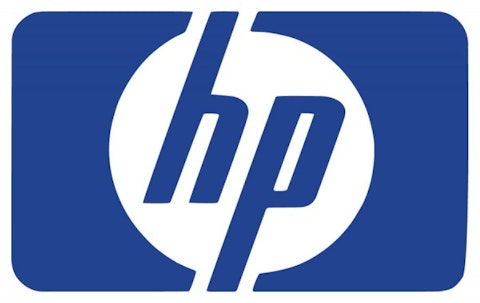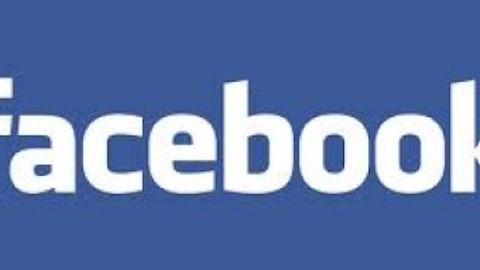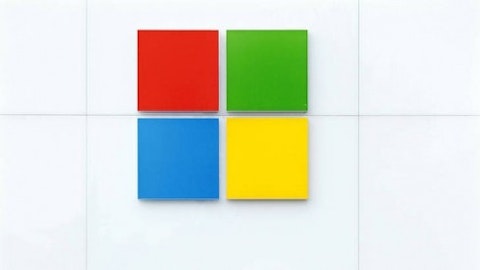It’s been four months since Hewlett-Packard Company (NYSE:HPQ) CEO Meg Whitman coined the term “fix and rebuild” to describe the company’s approach to 2013. In a conversation with CNBC, Whitman, who is HP’s sixth CEO since 2005, said that investors should expect revenue decline across all segments except software. She also went on to say that investors should begin to see revenue growth by 2014, which should be sustained for two years as new products hit the market.

Can HP realize its true underlying value?
That’s the main question that needs answering. And it’s also worth asking if the company has the managerial capacity to realize that value. At first there were doubts. But given the circumstances that Whitman had to work with, it’s fair to say she’s done as much as she can. That said, I don’t believe that she should be absolved from recent mistakes, including the botched deal for Autonomy since she (at the time) served on the board and voted for it.
Nevertheless, this is a story about the future. And given that Whitman recently described HP’s position as being “one year into a five-year journey,” investors need to be convinced that HP can truly find these new growth markets in the coming year if these shares are going to make sense today. HP’s struggles are one thing, but it’s not as if Dell Inc. (NASDAQ:DELL), which is now going private, is doing so because it’s been blowing the doors off as a public company.
Besides, it’s fair to say that had there been a better consumer reception to Microsoft Corporation (NASDAQ:MSFT)‘s Windows 8 operating system, the fate of both HP and Dell might have been different. While this is far from being Microsoft’s problem, it does highlight how (in hardware) HP actually lacks autonomy (pardon the pun). All three companies, while dominant in the dot-com era, have lately struggled due to the decline in PC sales. Each company has languished in their respective attempts to advance in the new age of mobile devices.
To that end, HP appears to have found a solution, one that comes with much-needed independence from Windows. Longtime Fool contributor Rick Munarriz recently discussed HP’s interest in partnering with Google Inc (NASDAQ:GOOG) to release a high-end tablet and a smartphone based on the Android operating system. Munarriz described it as a “smart move on HP’s behalf.” I agree — in fact, I think it’s brilliant, if it’s true. What exactly does HP have to lose at this point? Should it be afraid of hurting its partnership with Microsoft? Not hardly.
Microsoft has made it clear that it has its own hardware ambitions when it built its Surface tablet. Add the fact that Microsoft recently invested $2 billion in the privatization of Dell, it is clear to whom Mr. Softy has pledged its allegiance. HP wasn’t thrilled. And a Google partnership presents HP with more hardware leverage. Given Android’s 70.1% market share, HP now has an easier path to grow its mobile objectives. Compared to Microsoft’s 2.6% share, it’s not a hard decision.
Should the shares continue to be discounted?
HP is already beginning to make some progress in key areas. Plus, the company has improved its balance sheet, which is now generating as much as $4.1 billion in operating cash flow. And when you consider the fact that the company reported decent fourth-quarter earnings, which included a beat on EPS and in-line revenue, there’s very little risk in these shares. And investors have to be encouraged by the company’s willingness to (at least) explore an operating system beyond Windows.
Although HP has yet to confirm this to be true, this is the type of outside-the-box thinking that will help Whitman turn things around. Granted, there’s now a focus on margin and profitability. But it’s going to take more than conservatism to get investors to believe. The company must beat or at least be on par with rivals in hardware design and engineering. It’s going to cost money, which HP has plenty of. For investors, there are no surprises going forward. If there are, it’s all to the upside.
The article HP Shares Seem Cheap as the Company Reboots originally appeared on Fool.com and is written by Richard Saintvilus.
Fool contributor Richard Saintvilus has no position in any stocks mentioned. The Motley Fool recommends Google. The Motley Fool owns shares of Google and Microsoft.
Copyright © 1995 – 2013 The Motley Fool, LLC. All rights reserved. The Motley Fool has a disclosure policy.





